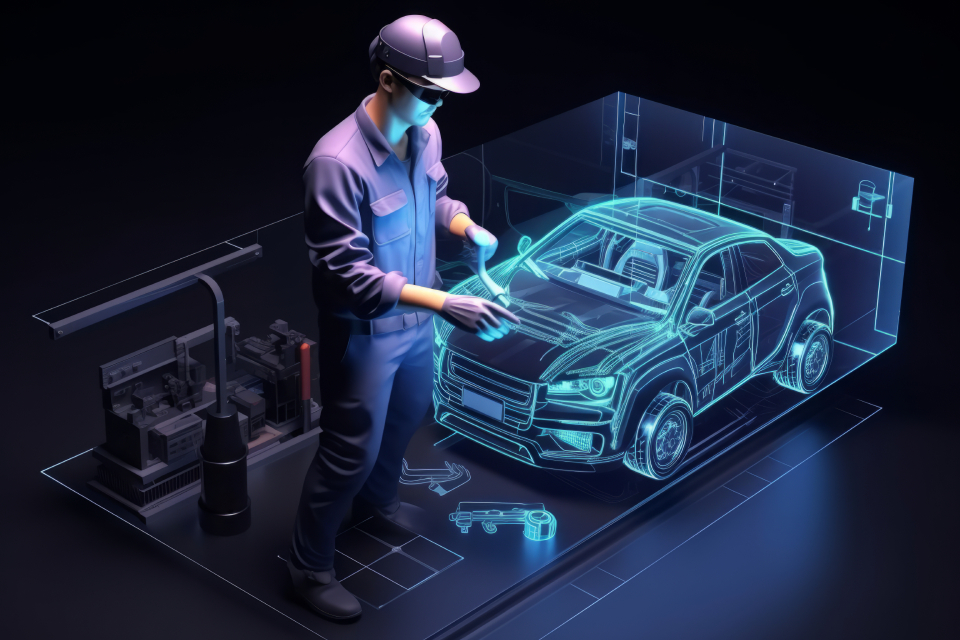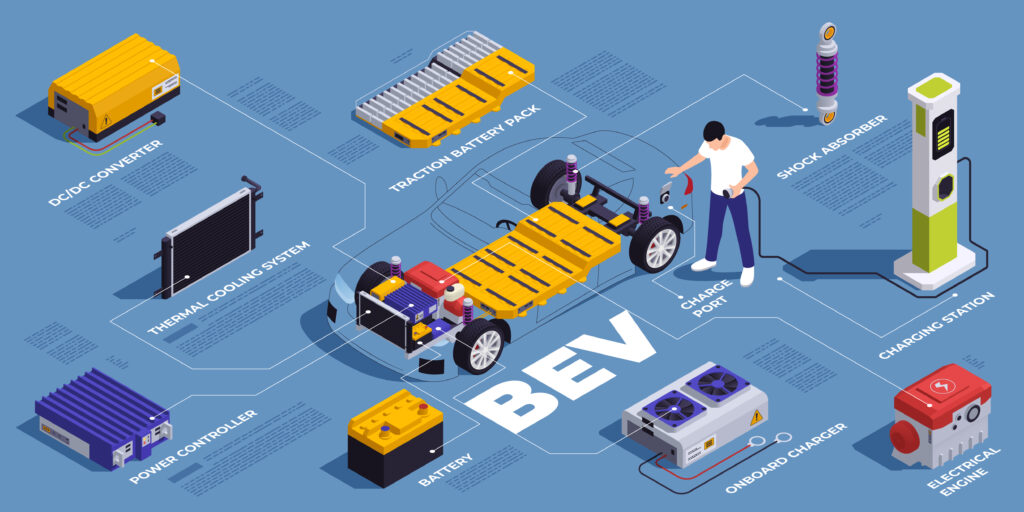New Battery Technologies
Introduction
Battery Technologies: In recent years, the automotive industry has undergone a dramatic transformation, with electric vehicles (EVs) at the forefront of this change. A critical factor for the success of electric cars is battery technology. Advances in battery research have the potential to significantly improve the range and charging times of electric vehicles. In this article, we will explore the latest developments in battery technology and explain how these innovations could shape the future of electromobility.
The Importance of Battery Technology for Electric Vehicles
Why is Battery Technology So Important?
The battery is the heart of every electric vehicle. It stores the necessary energy to power the vehicle. The performance of the battery directly influences a vehicle’s range and charging times. Therefore, high-quality battery technology can make the difference between a successful electric vehicle and a model that falls short compared to internal combustion engines.
Current Challenges
Despite significant progress, there are still challenges related to battery capacity, charging times, and lifetime. Manufacturers are striving to develop batteries that can be charged faster, offer greater range, and remain safe and durable.
Overview of New Battery Technologies
1. Solid-State Batteries
What Are Solid-State Batteries?
Solid-state batteries are one of the most promising developments in battery technology. Unlike conventional lithium-ion batteries, which use liquid electrolytes, solid-state batteries use solid electrolytes. This offers several advantages:
- Higher Energy Density: Solid-state batteries can store more energy, leading to a higher range.
- Faster Charging Times: The charging times can be reduced due to the superior conductivity of the solid electrolyte.
- Increased Safety: Solid electrolytes are less flammable than liquids, reducing the risk of fires.
Current Developments
Several companies, including Toyota and QuantumScape, have made significant strides in developing solid-state batteries. Toyota plans to bring its solid-state batteries to mass production in the near future, which could mark a significant step for the entire industry.
2. Lithium-Sulfur Batteries
What Are Lithium-Sulfur Batteries?
Lithium-sulfur batteries (Li-S batteries) are a promising alternative to lithium-ion batteries. They offer several benefits:
- Higher Energy Density: Li-S batteries have the potential to significantly increase energy density, leading to extended range.
- Lower Costs: Sulfur is more cost-effective than the materials used in lithium-ion batteries.
Current Developments
Startups like Oxis Energy and Sion Power are actively working on lithium-sulfur batteries. While this technology is still in the development phase, initial tests show promising results in terms of range and cost.
3. Lithium-Air Batteries
What Are Lithium-Air Batteries?
Lithium-air batteries represent another innovative technology that could revolutionize energy density. These batteries use oxygen from the surrounding air as a reactant, potentially increasing energy density many times over compared to conventional lithium-ion batteries.
Current Developments
BMW and LeydenJar Technologies are leading the research and development of lithium-air batteries. Despite existing challenges, such as battery lifespan, initial prototypes show impressive range and efficiency.
4. Sodium-Ion Batteries
What Are Sodium-Ion Batteries?
Sodium-ion batteries use sodium instead of lithium. Since sodium is more abundant and cost-effective than lithium, these batteries could provide an economical alternative.
Current Developments
Faradion and Natron Energy are pioneers in this field and have already developed initial sodium-ion batteries. Although the technology still faces some challenges, it offers promising approaches for a more affordable and sustainable future.
The Impact of New Battery Technologies on Range and Charging Times
Improved Range
New battery technologies have the potential to greatly enhance the range of electric vehicles. Higher energy density means that electric cars can travel further on a single charge, reducing range anxiety and increasing the adoption of electric vehicles.
Faster Charging Times
Faster charging times are another key feature of new battery technologies. With solid-state batteries and lithium-sulfur batteries, charging times could be minimized, making electric vehicles much more practical for everyday use.
Longer Lifespan
The lifetime of batteries is crucial for the cost-effectiveness of electric vehicles. Improved battery technologies could help extend the lifespan of the battery, thereby reducing the overall cost for the consumer.
Conclusion
Battery technology is a crucial factor for the success of electric vehicles. The latest developments, including solid-state batteries, lithium-sulfur batteries, lithium-air batteries, and sodium-ion batteries, have the potential to significantly improve the range and charging times of electric vehicles. These advancements could make electric vehicles more attractive and drive the automotive industry further into a sustainable future.
Battery research remains a dynamic field, and it will be exciting to see how these technologies continue to evolve and what impact they will have on electromobility.




